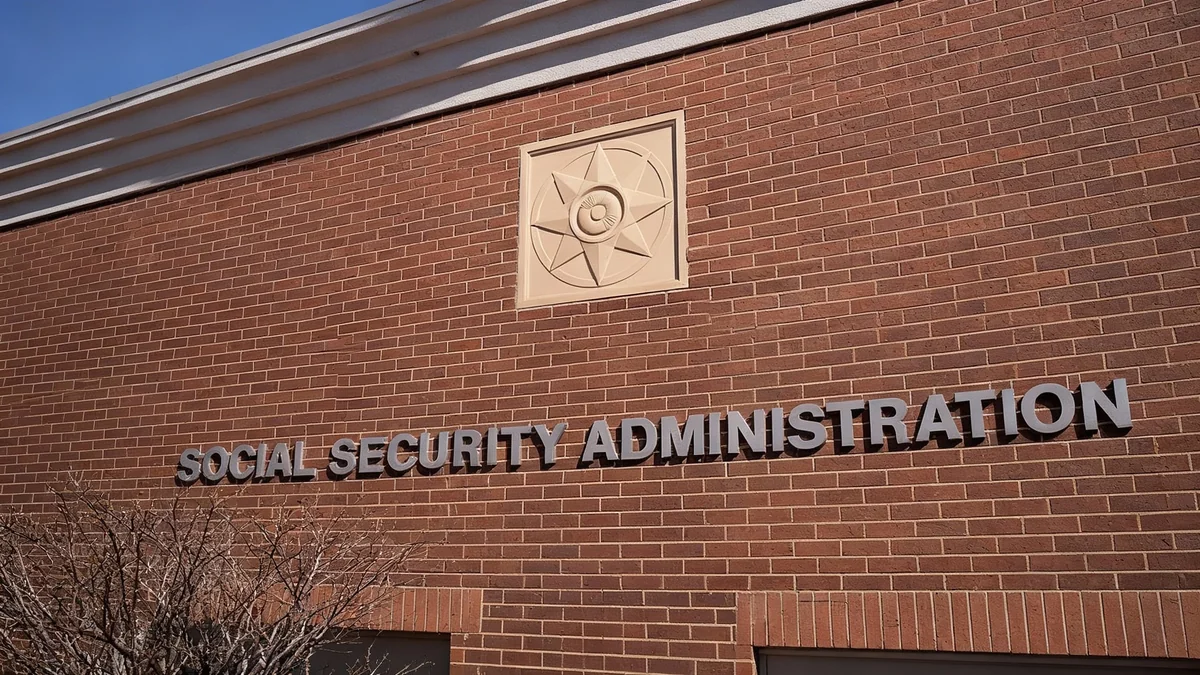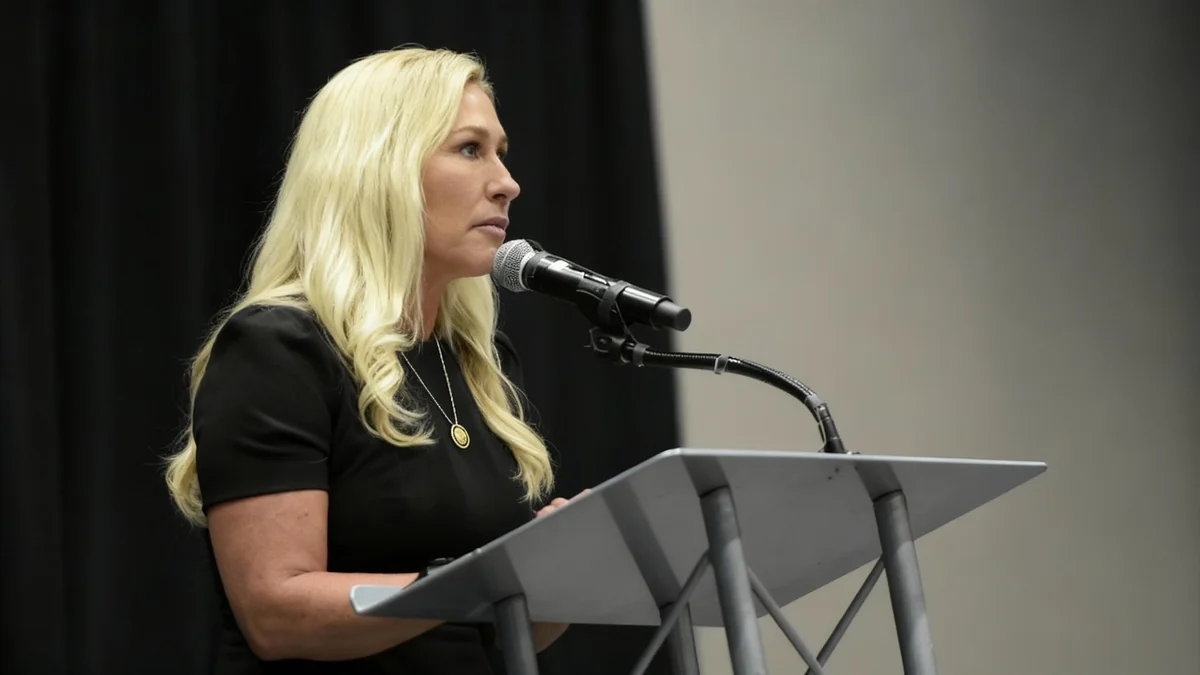A group of Republican lawmakers in the House of Representatives is formally urging the Securities and Exchange Commission (SEC) to implement a recent executive order that could permit Bitcoin and other alternative assets in 401(k) retirement plans. The push follows an executive directive aimed at broadening investment options for millions of American savers.
Key Takeaways
- House Republicans sent a letter to SEC Chairman Paul Atkins, calling for swift action on Executive Order 14330.
- The executive order directs the SEC and Department of Labor to update rules to allow alternative assets in retirement accounts.
- Lawmakers argue this change could grant 90 million Americans access to investment classes traditionally limited to wealthy individuals.
- The initiative also connects to bipartisan efforts to modernize the definition of an "accredited investor."
Lawmakers Press for Regulatory Action
In a formal letter addressed to SEC Chairman Paul Atkins, nine Republican members of the House have called for the prompt implementation of new investment guidelines. The letter, led by Chairman French Hill and Representative Ann Wagner, emphasizes the importance of Executive Order 14330, which was signed on August 7.
The lawmakers praised the executive order for its potential to democratize investment opportunities. They argue that current regulations prevent a large segment of the population from diversifying their retirement savings beyond traditional stocks and bonds.
"Given these directives, we encourage the SEC to provide swift assistance to the Secretary of Labor and to make any necessary revisions to its current regulations and guidance," the letter stated.
The signatories believe that updating these rules is a critical step toward helping Americans secure a more comfortable retirement by providing them with a wider range of investment choices.
Details of Executive Order 14330
Executive Order 14330 specifically directs the SEC and the Department of Labor (DOL) to review and amend regulations governing retirement savings plans. The core objective is to allow plan fiduciaries to include alternative assets in 401(k) offerings where they deem it appropriate for savers.
The order states that “every American preparing for retirement should have access to funds that include investments in alternative assets.” This category is broad and can encompass private equity, venture capital, and potentially digital assets like Bitcoin.
What Are Alternative Assets?
Alternative assets are investments that fall outside of conventional categories like stocks, bonds, and cash. They often include private equity, hedge funds, real estate, commodities, and more recently, cryptocurrencies. Historically, direct investment in these assets has been restricted to high-net-worth individuals and institutional investors.
By instructing federal agencies to revise existing guidance, the executive order aims to create a regulatory pathway for these assets to be included in mainstream retirement portfolios, accessible to the general public.
Potential Impact on 90 Million Savers
According to the lawmakers, the successful implementation of the executive order could have a significant impact on a large portion of the American workforce. They estimate that approximately 90 million Americans are currently restricted from investing in alternative asset classes through their retirement accounts.
90 million: The estimated number of Americans who could gain access to alternative assets in their retirement plans if regulations are updated as requested by the lawmakers.
For decades, 401(k) plans have been predominantly limited to mutual funds composed of stocks and bonds. Proponents of the new policy argue that this narrow focus exposes savers to risks associated with fiat currency and market volatility in traditional sectors.
Allowing access to assets like Bitcoin could offer a way to diversify and potentially hedge against inflation. Supporters, including Representative Warren Davidson, have long advocated for integrating Bitcoin into the financial system, viewing it as a tool for long-term wealth preservation.
Connection to Broader Legislative Efforts
The push to open 401(k)s to new asset classes is part of a larger conversation in Washington about modernizing financial regulations. The letter to the SEC also highlighted bipartisan legislation currently advancing in the 119th Congress.
This separate legislative effort focuses on updating the definition of an “accredited investor.” Under current SEC rules, an individual must meet certain income or net worth thresholds to be considered an accredited investor, which grants them access to private markets and certain complex financial products.
Revising this definition could further break down barriers for retail investors, aligning with the executive order's goal of expanding investment access. The lawmakers urged the SEC to review this legislation as part of its broader effort to update its guidance.
What's Next for the SEC
The focus now shifts to the Securities and Exchange Commission and its chairman, Paul Atkins. The agency, in coordination with the Department of Labor, will be responsible for drafting the specific rules and guidance that would turn the executive order's directives into reality.
SEC Chairman Atkins is scheduled to appear on Fox Business, where he may be questioned about the executive order and the commission's timeline for responding to the lawmakers' request. His comments will be closely watched by the financial industry and retirement savers for any indication of how the SEC plans to proceed.
The process of regulatory change can be lengthy, involving public comment periods and internal reviews. However, the pressure from both the executive branch and members of Congress could accelerate the timeline for these significant potential changes to American retirement savings.





